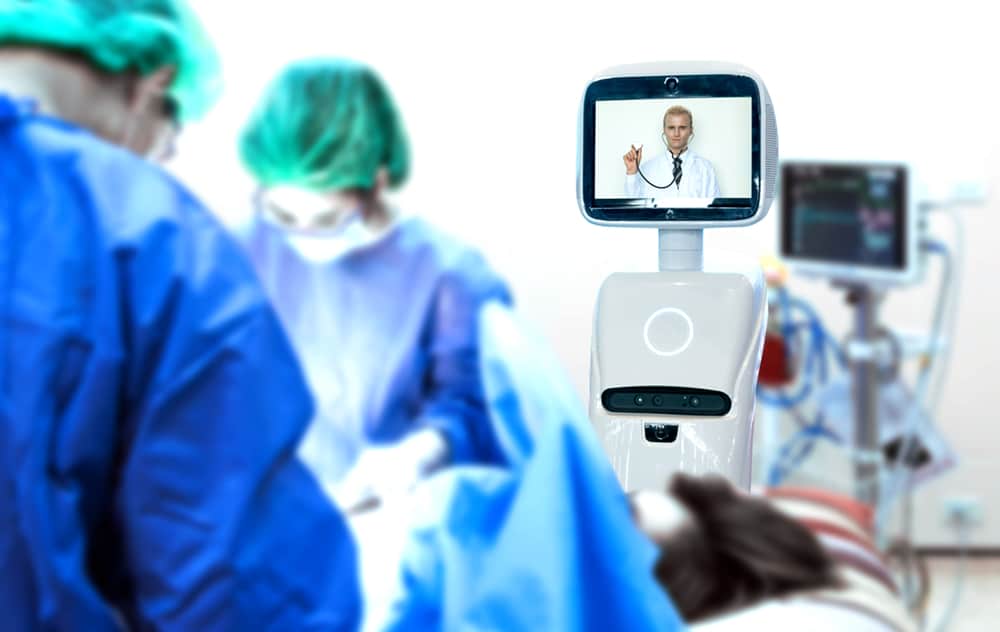
As the technological world continues to advance around us all, the likelihood of artificial intelligence (AI) integrating into our society is quickly becoming more than just a feasible idea. In fact, a recent study published in Ophthalmology’s April Edition has even confirmed that physicians utilizing artificial intelligence systems are significantly more effective in terms of diagnosing diabetic retinopathy than if either were to work alone.
The Study
The study itself was designed to test and improve the diagnostic accuracy of ophthalmologists using complex AI systems. Ten different ophthalmologists with varying levels of training and experience were chosen to grade close to 1,800 images of eyes belonging to diabetic patients, rating them from “normal” to “severe.” The first time the images were read without help from the AI, and relied only on the ophthalmologists’ personal experience and skill. Then, the algorithm came up with a grade on its own, followed by an explanation of why that specific grade was chosen. To no surprise, when ophthalmologists had help from the AI, diagnoses were not only more accurate than before, the experts were also more confident in their own professional opinion. Dr. Chang, the assistant professor of ophthalmology at the Medical Center at Stanford University attributes this mostly to the “second opinion effect,” in which “doctors’ accuracy is often improved when they have the help of an expert system that performs like another doctor.”
What Does This Mean For Patients?
Nearly 30 million citizens of the United States already have diabetes, and are likely to eventually develop diabetic retinopathy – a very serious disease that can actually blind its victims – at some point in their lives. That’s why early detection is essential. When caught in time, proper treatment can potentially prevent or minimalize vision loss – and having AI systems in place to aid ophthalmologists in various diagnostic processes can only further enhance the success of these operations.
What Does This Mean For Ophthalmologists?
As effective and complex as these new, evolving algorithms are, it’s important to remember that they are still far from perfect. AI’s can only function as programed with information provided, which means we still have a long way to go before you’re able to get your eyes checked without any human intervention whatsoever. In the meantime, however, these programs continue to show huge promise for what the future may hold and how ophthalmologists will continue to approach patient care.
For more information on diabetic retinopathy, or for any other questions regarding ocular health and vision care, reach out to our optical professionals at Alpine Eye Care today. To be sure your eyes are in optimal shape, schedule your next eye exam with one of our remarkable eye doctors at Alpine Eye Care as soon as possible by calling us directly at 1.877.733.2020 or scheduling an appointment online, today.
